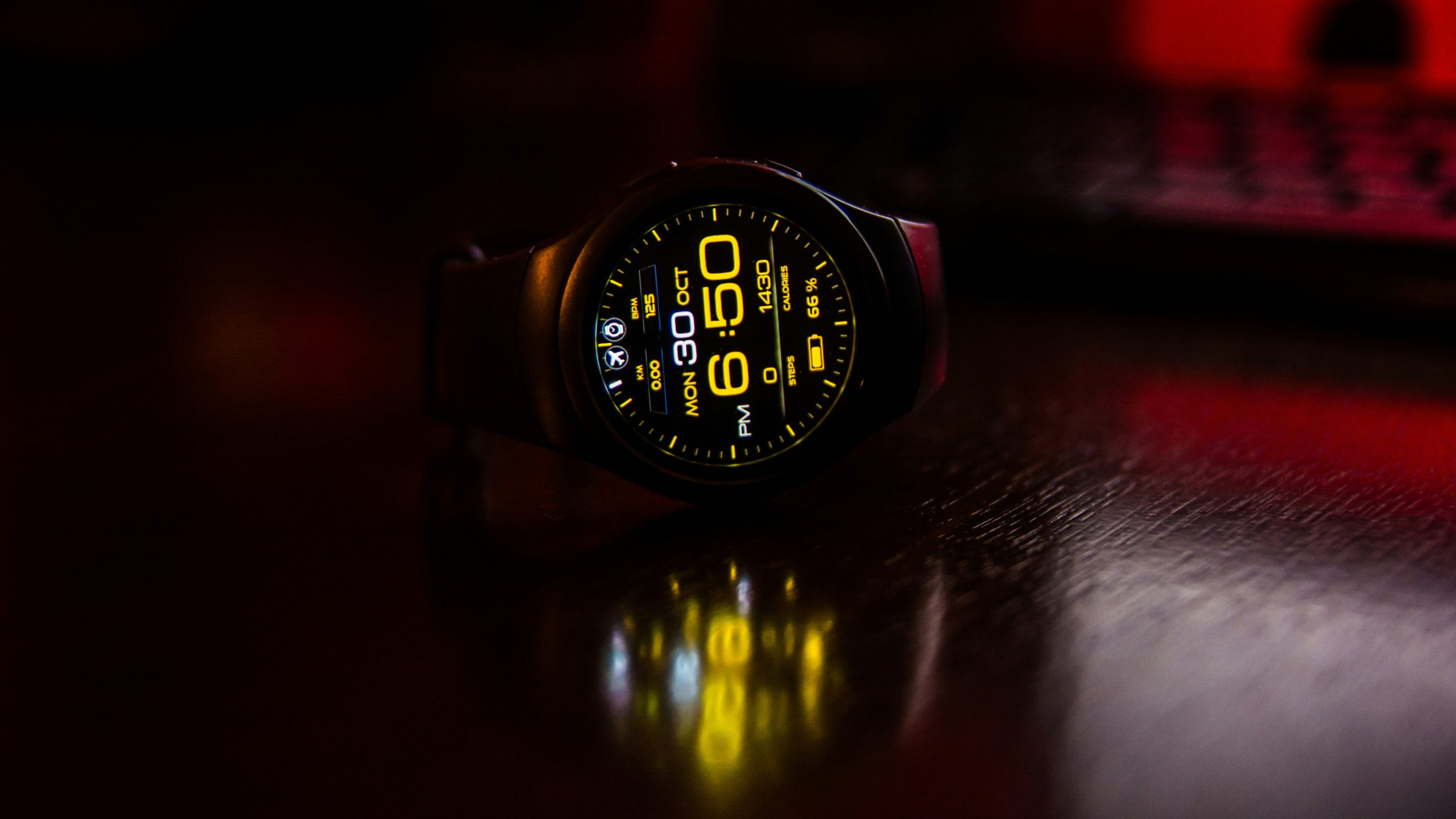Smart Technologies Bridging Imagination and Technological Possibilities
Technology has always been closely intertwined with human imagination. From fantasy stories to sci-fi movies, our imaginations have always pushed the boundaries of what is possible in the world of technology. And now, with the advent of smart technologies, we are seeing our wildest dreams become a reality. From self-driving cars to smart homes, these technologies are bridging the gap between imagination and technological possibilities, bringing us closer than ever before to a fully connected and integrated world. In this article, we will explore the ways in which smart technologies are breaking barriers and changing the way we live, work, and play.
The Rise of Smart Technologies
Before we delve into the impact of smart technologies, let’s first understand what they are. Smart technologies refer to any device or system that has the ability to connect to the internet, analyze data, and make decisions or perform tasks without human intervention. These technologies, often referred to as the Internet of Things (IoT), rely on sensors, processors, and wireless communication to collect and exchange data, creating a network of interconnected devices.
The concept of IoT has been around since the late 1990s, but it wasn’t until recently that it gained mainstream popularity with the rise of smartphones and other connected devices. Today, smart technologies can be found in almost every aspect of our lives, from our homes and workplaces to our cars and even our bodies.
Transforming Our Homes
The most visible impact of smart technologies can be seen in our homes. Smart home devices, such as thermostats, lights, and security systems, have made our daily lives more convenient and efficient. We can now control almost every aspect of our home remotely, using voice commands or a smartphone app. Gone are the days of rushing back home to make sure we turned off the lights or adjusted the thermostat.
But the impact of smart technologies goes beyond convenience. These devices also help us conserve energy and reduce our carbon footprint. For example, a smart thermostat can learn our behaviors and adjust the temperature accordingly, saving energy and money in the process. Smart lighting systems can turn off lights when no one is in the room, reducing unnecessary energy consumption. With smart technologies, our homes are becoming more sustainable and environmentally friendly.
Revolutionizing the Workplace
The workplace is another area where smart technologies are making a significant impact. From automation to data analysis, these technologies are revolutionizing the way we work and increasing efficiency. For example, warehouse workers can use smart glasses to receive real-time instructions and locate items, eliminating the need for paper manuals and increasing productivity. In the healthcare industry, smart sensors can monitor patient health and alert medical staff of any changes, improving the quality of care.
But perhaps the most significant impact of smart technologies in the workplace is in bridging the gap between remote workers and in-office employees. With the increase in remote work due to the pandemic, smart technologies, such as video conferencing and collaboration tools, have made it possible for teams to stay connected and work together seamlessly, regardless of their location.
The Future of Smart Technologies
The potential of smart technologies is limitless, and we have only scratched the surface of what is possible. As these technologies continue to evolve, we can expect to see more advancements and innovations in various industries, such as healthcare, transportation, and even entertainment. Here are some of the ways smart technologies are shaping the future.
Smart Cities
Smart cities are one of the most ambitious projects that utilize smart technologies. These cities aim to use technology to improve the quality of life for citizens, reduce traffic and pollution, and increase sustainability. For example, smart traffic lights that adjust timings based on traffic flow can reduce congestion and save time for commuters. Waste management systems that use sensors to detect when a bin needs emptying can help reduce waste and improve cleanliness. With the world’s population shifting to urban areas, smart cities are the way forward for sustainable development.
Artificial Intelligence
Artificial intelligence (AI) is another area where smart technologies are making rapid advancements. AI has the ability to analyze vast amounts of data and make decisions, often outperforming humans. With AI, we can expect further automation in various industries, such as manufacturing and transportation. But there are also concerns about the impact of AI on jobs and society, which requires careful regulation and ethical considerations.
Making Our Dreams a Reality
Smart technologies are bridging the gap between imagination and technological possibilities. They are making our wildest dreams come true and opening doors to endless possibilities. But with every advancement comes challenges and responsibilities. As we continue to innovate and push the boundaries, we must also ensure that we use these technologies responsibly, ethically, and for the benefit of all. The future is incredibly exciting, and we have only begun to scratch the surface of what is possible with smart technologies.
In conclusion, smart technologies are transforming the way we live, work, and interact with the world. They have the power to bridge the gap between imagination and technological possibilities, opening doors to a more connected, sustainable, and efficient future. As we continue to embrace and develop these technologies, let’s work towards creating a better and smarter world for generations to come.











